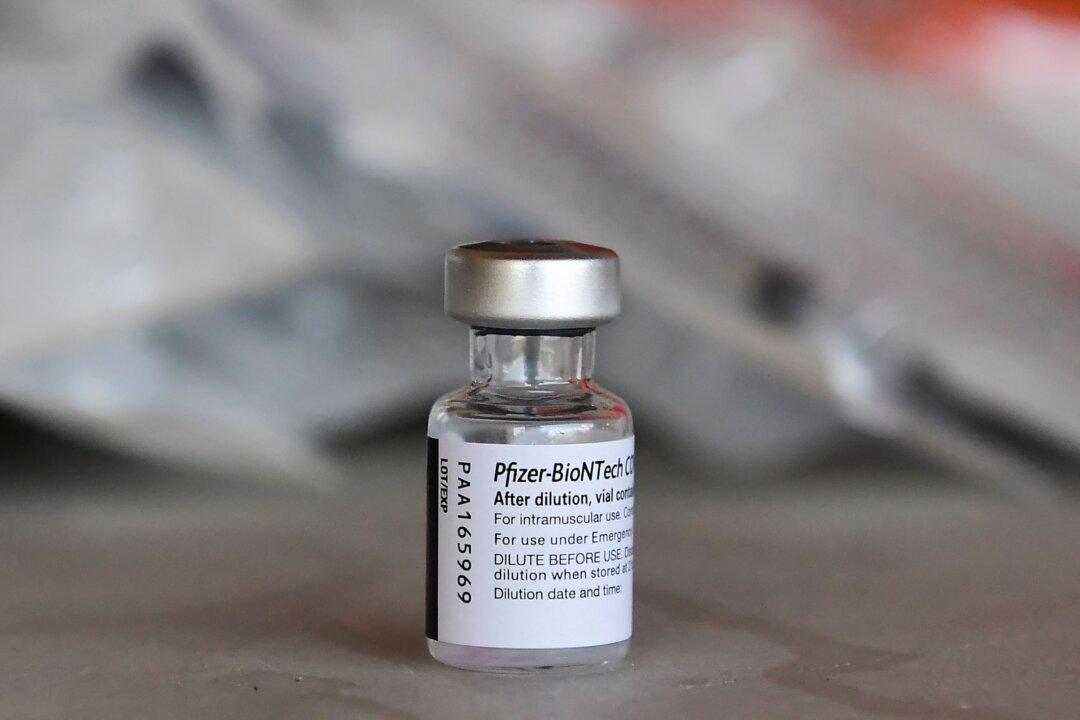A civil liberties group has registered a strong objection to the wisdom of the U.S. Food and Drug Administration’s (FDA) approval on Aug. 23 of the two-shot regimen of the Pfizer COVID-19 vaccine, while seeking to protect people’s right to refuse the vaccine.
The group points out that more than 3,000 individuals have died in the United States after getting the second Pfizer vaccination.





